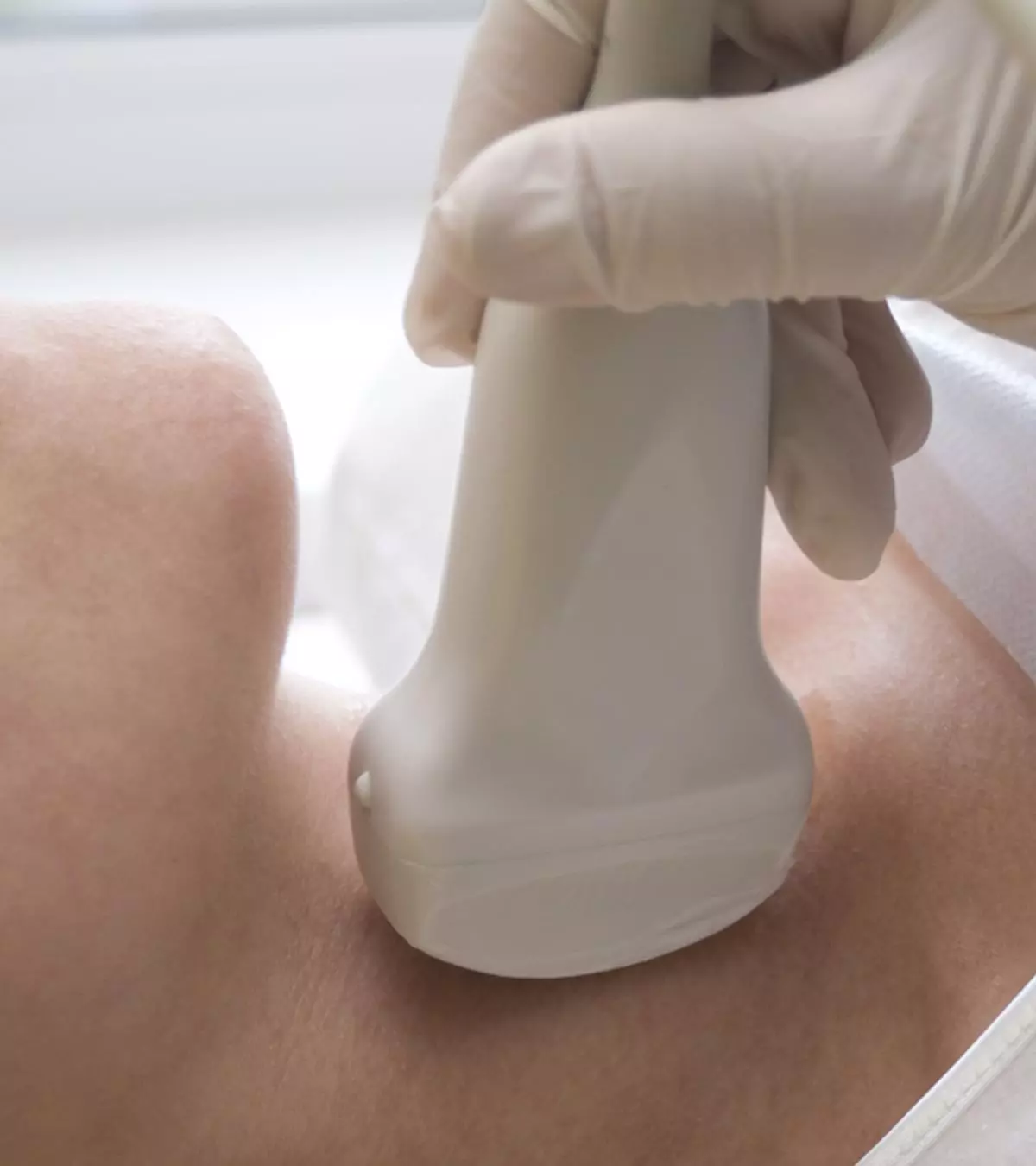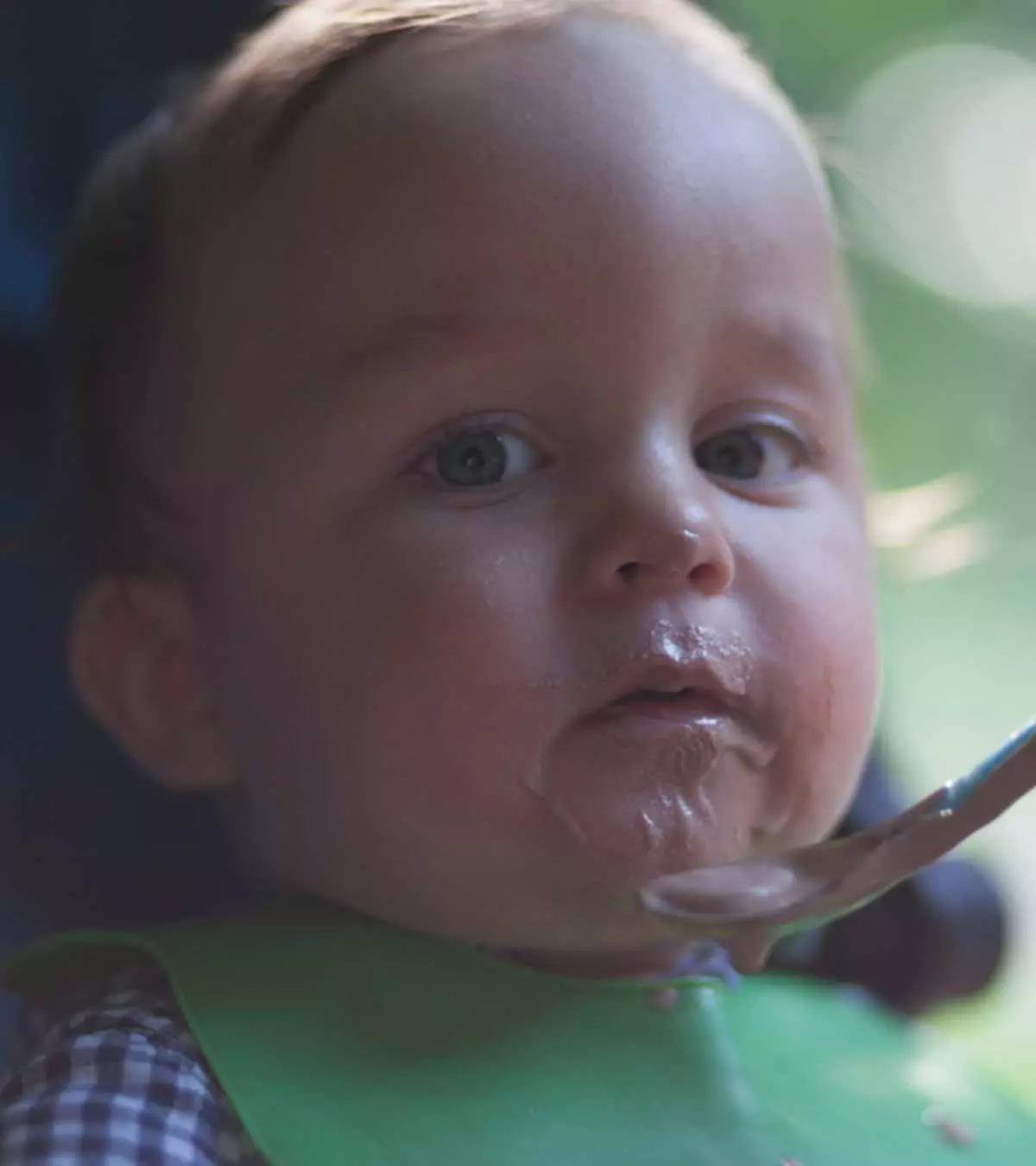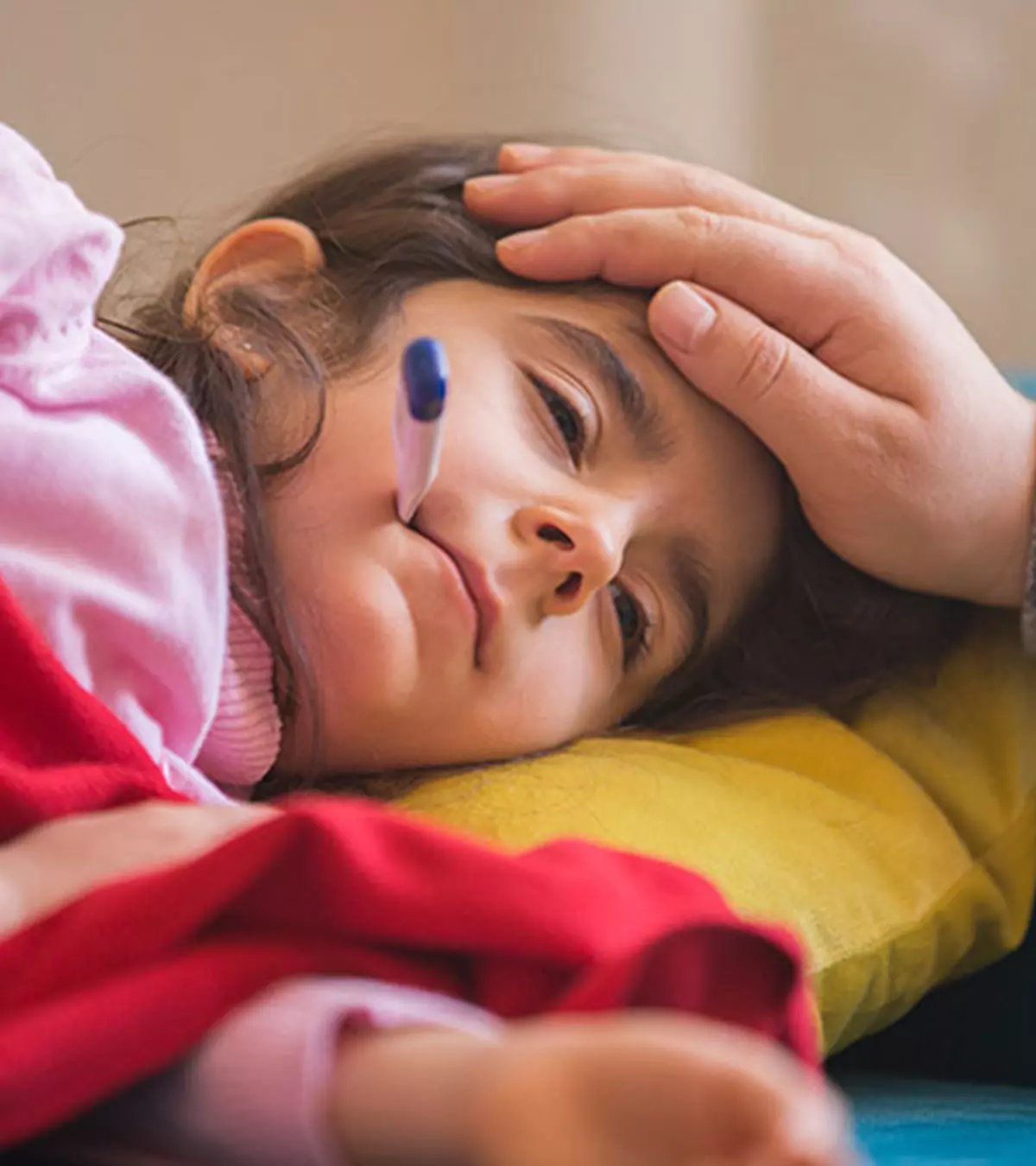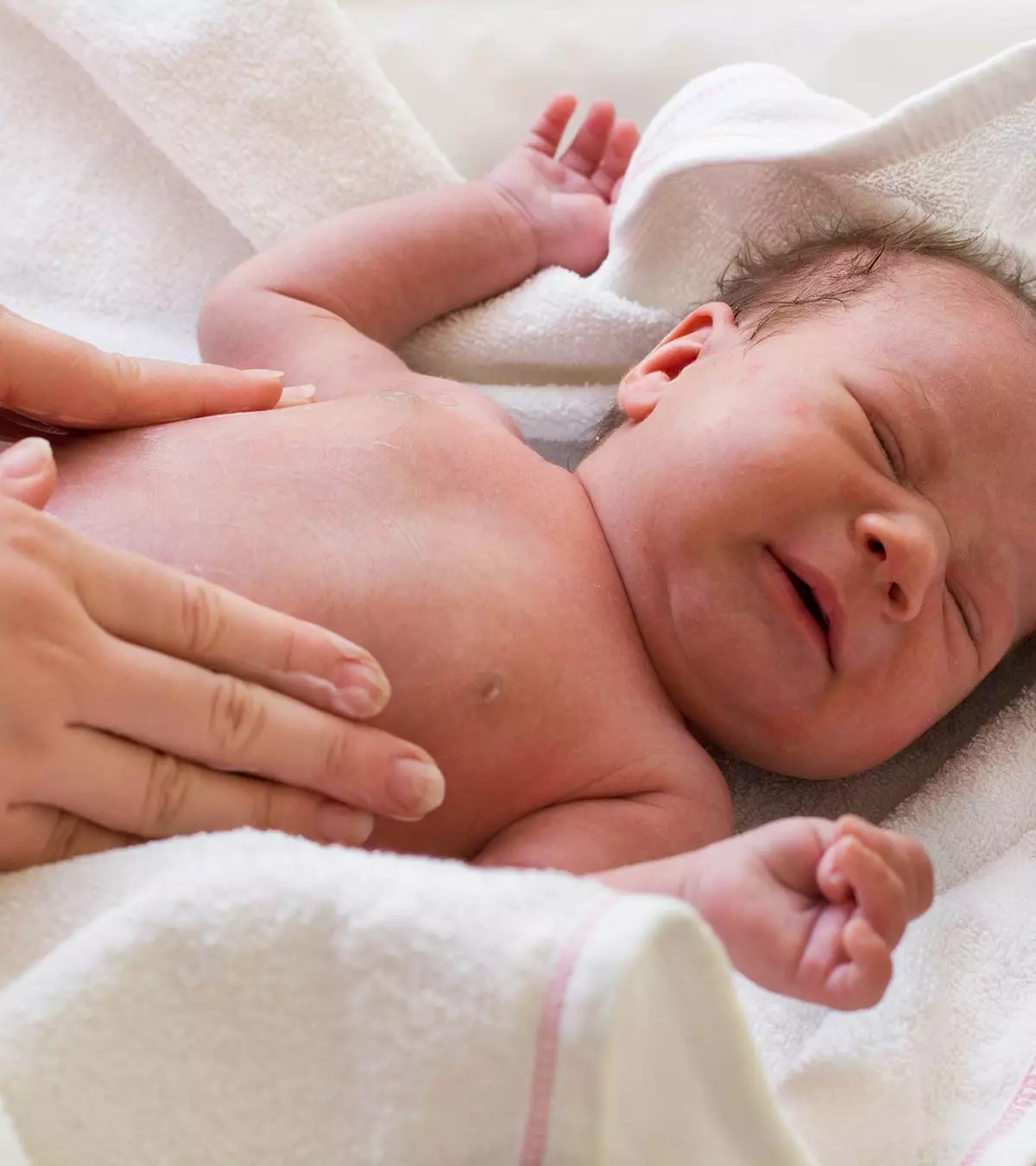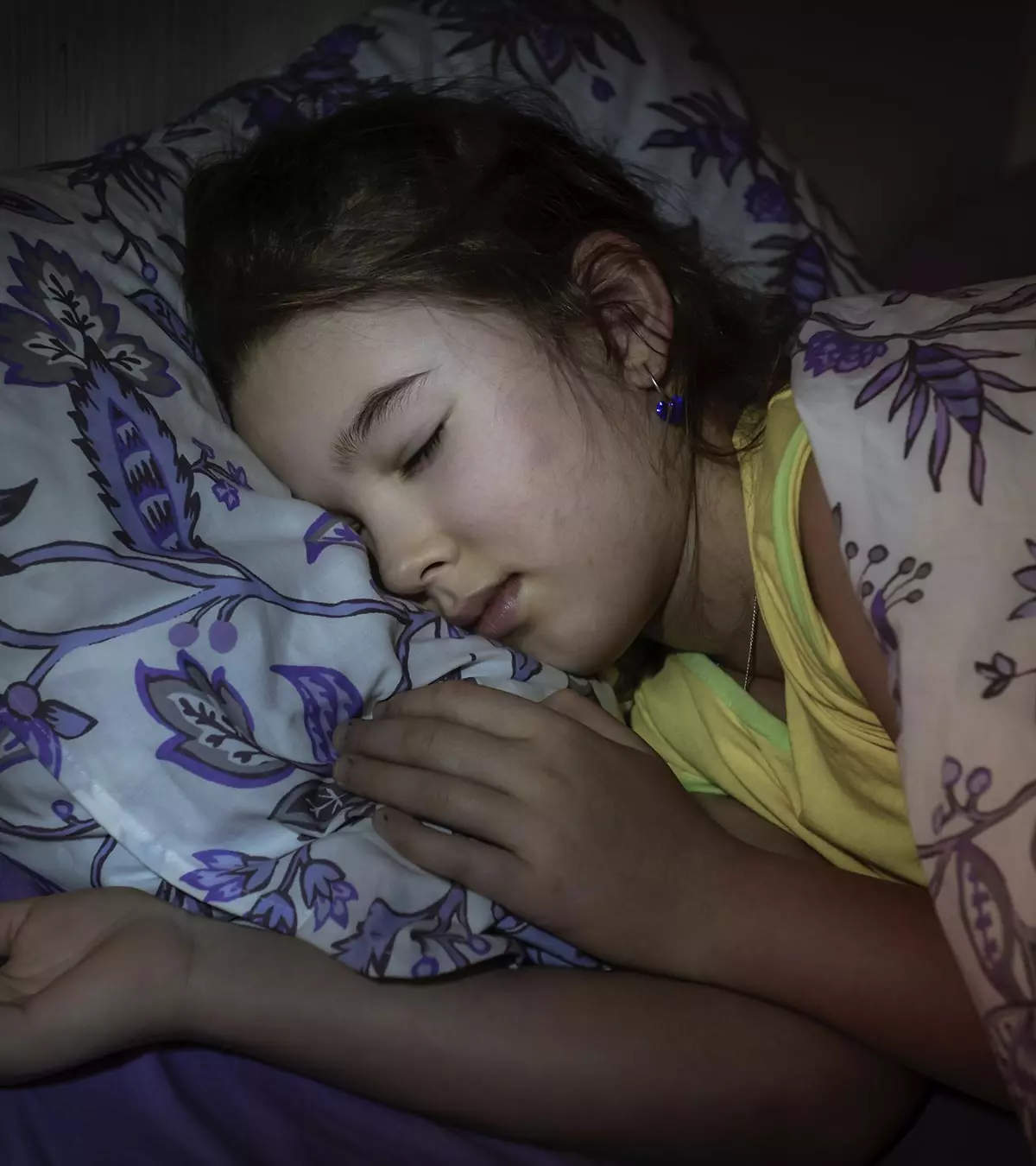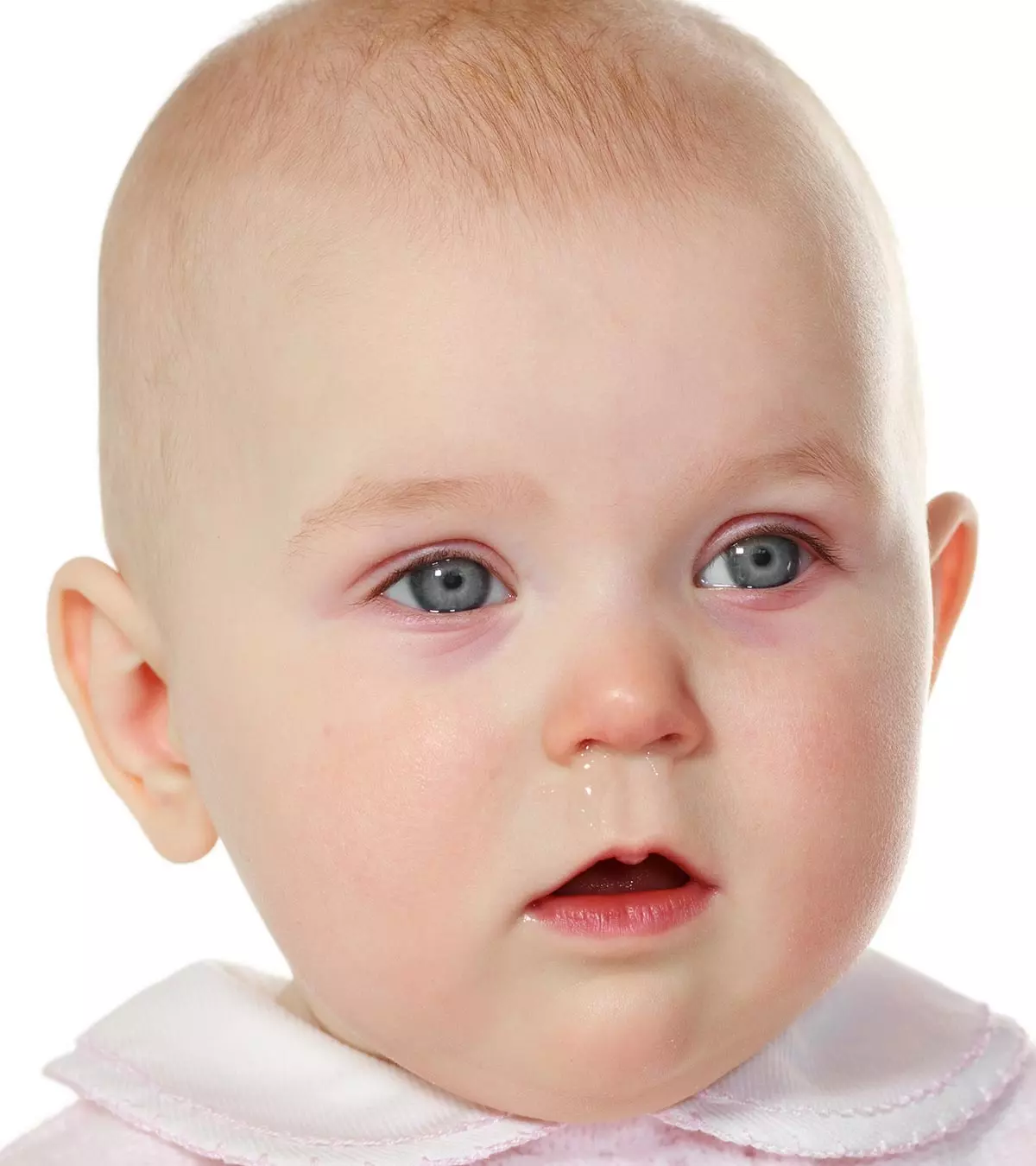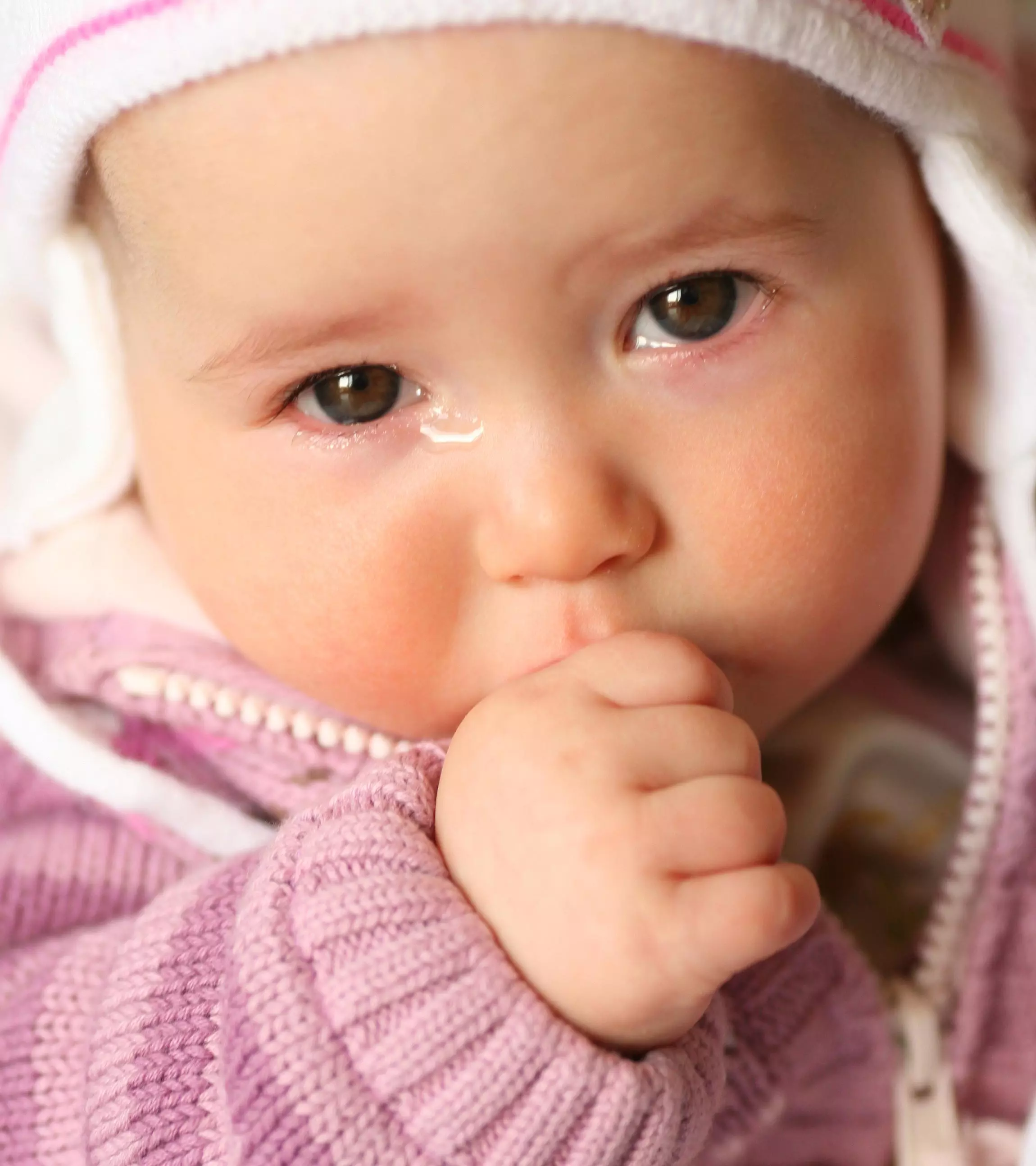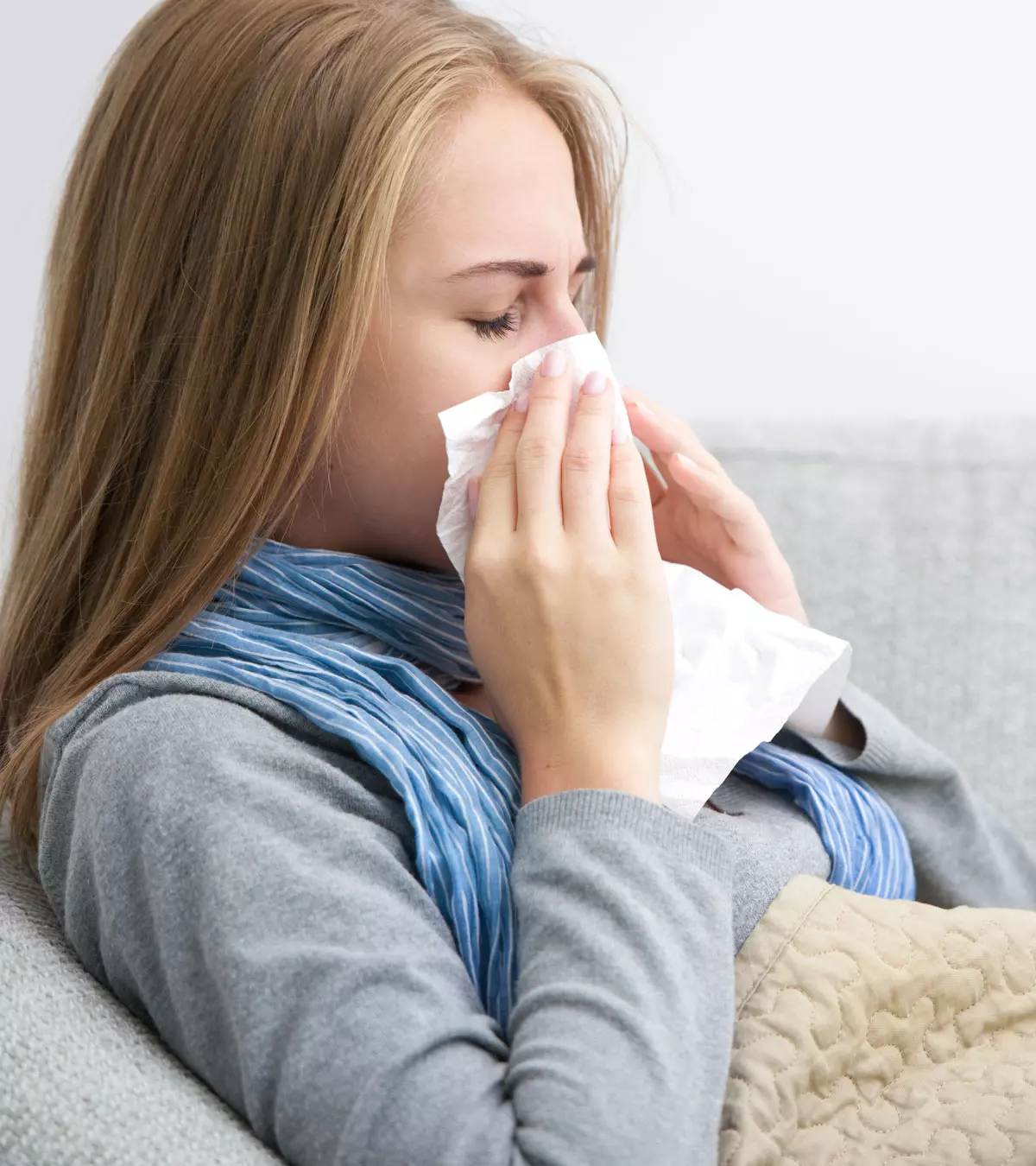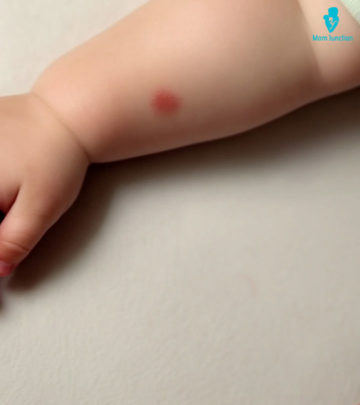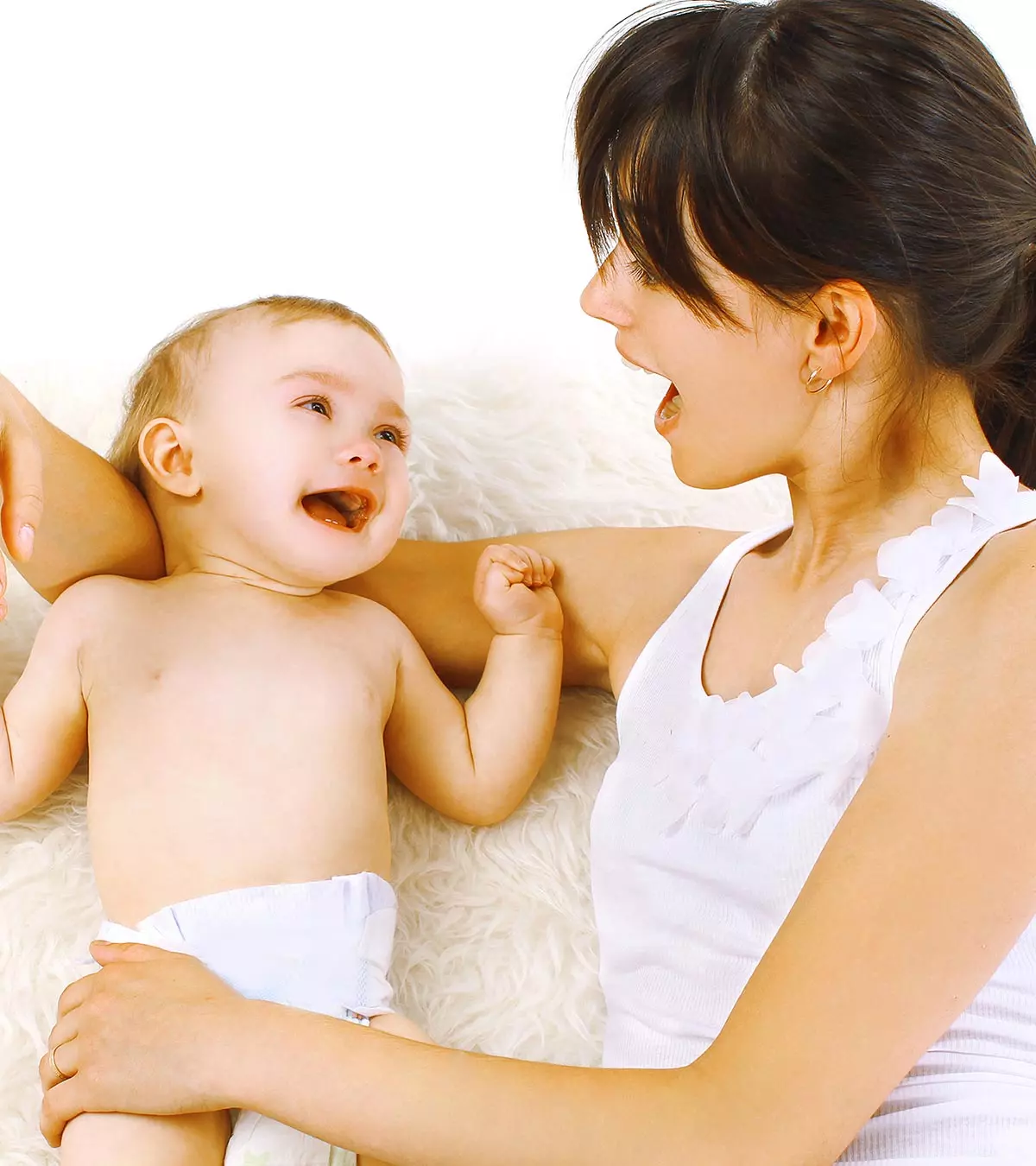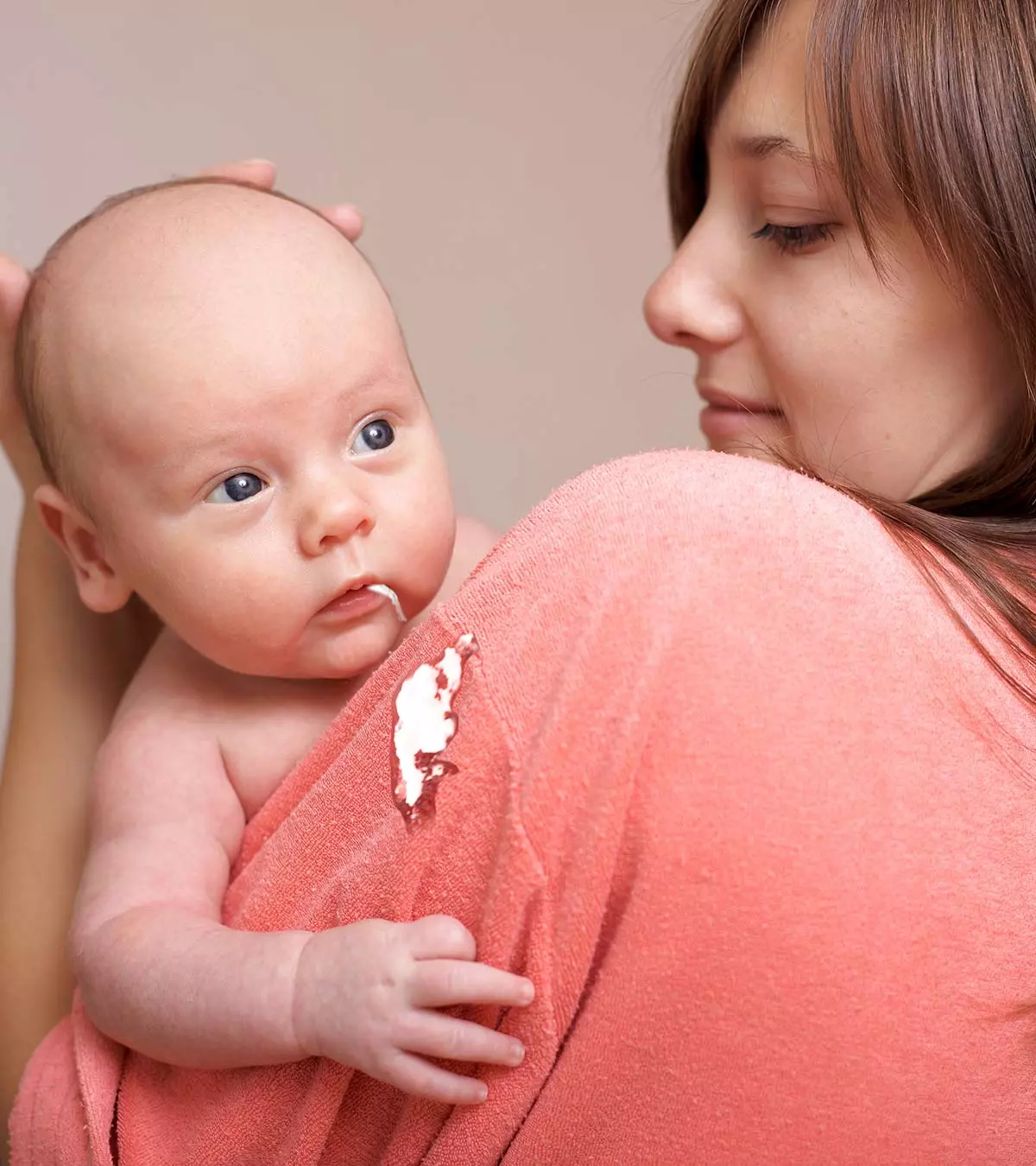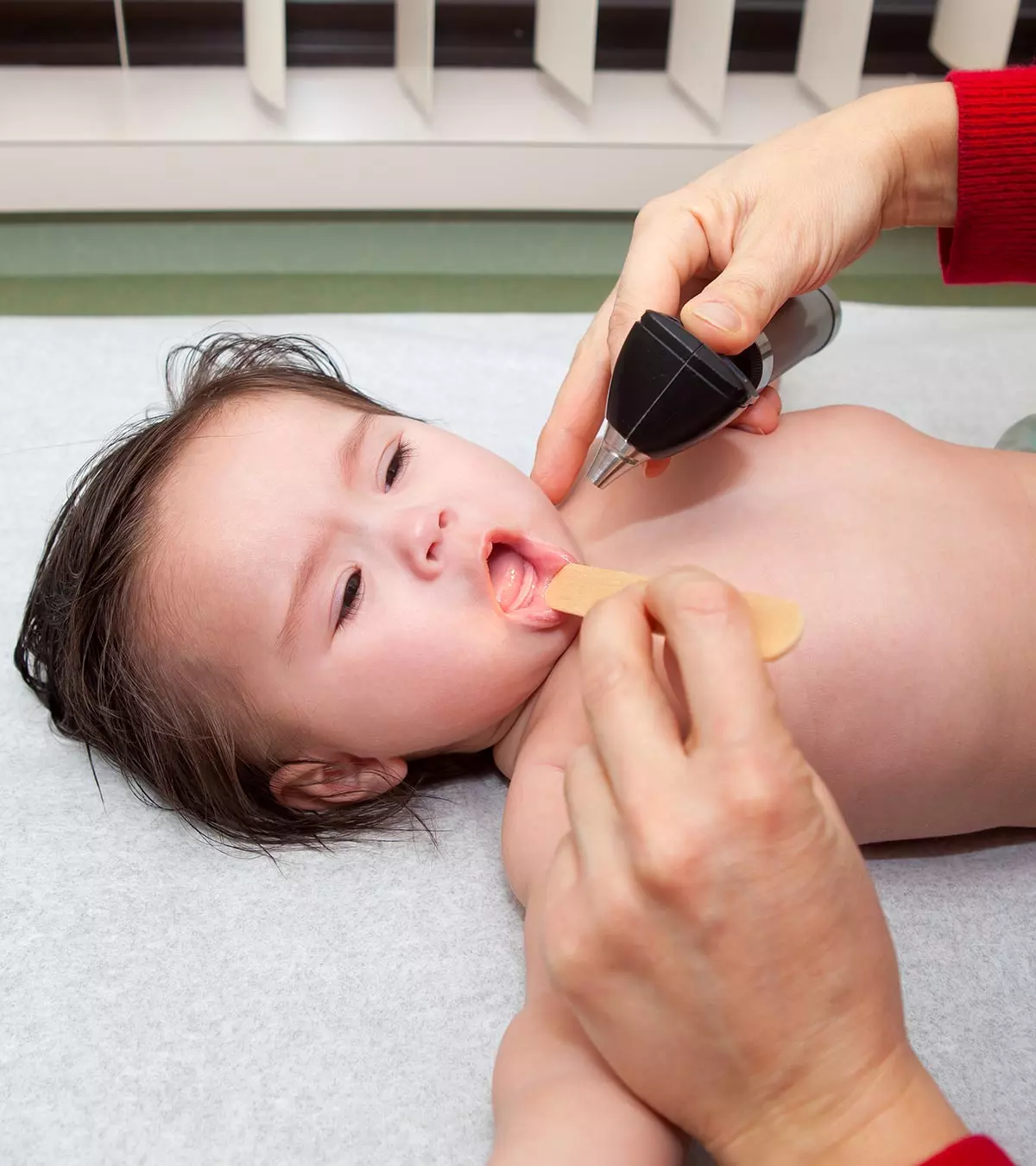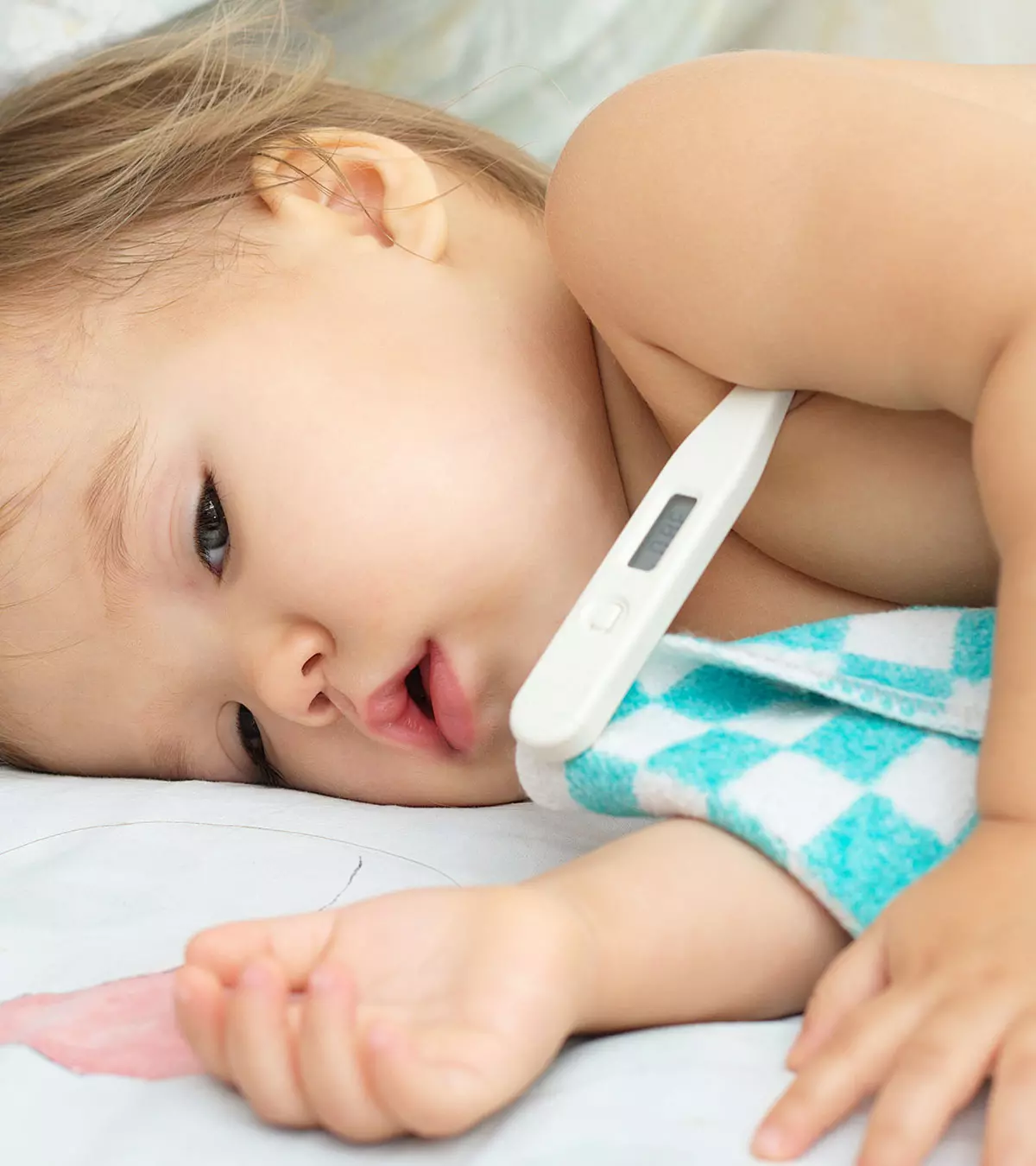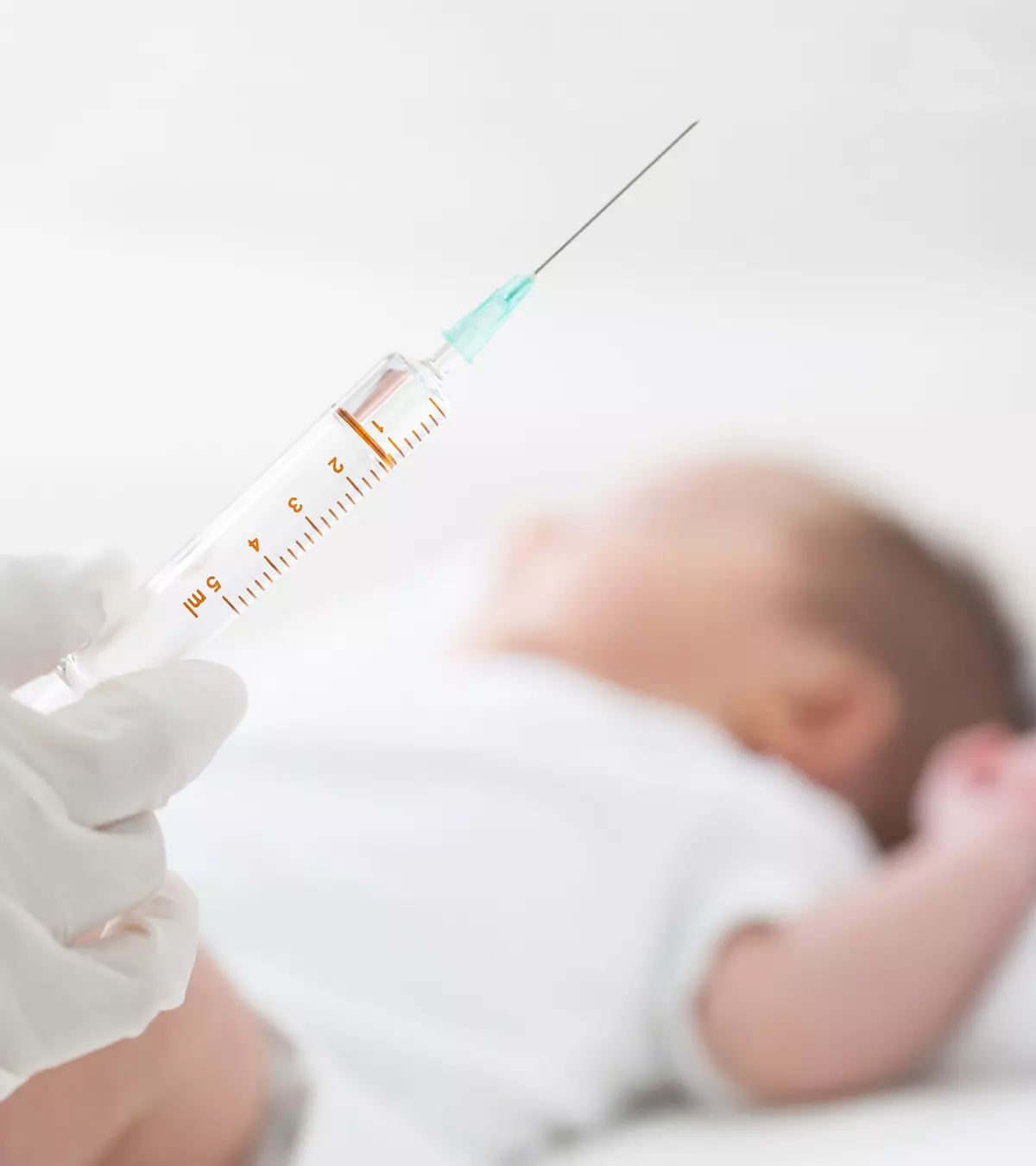MD

Dr. Shashidhar is a qualified pediatrician and neonatologist with 14 years of experience in pediatrics and neonatology. Currently, he is practicing at St John's Medical College and Tiny Tots Clinic in Koramangala, Bangalore, and is a part of an accomplished team taking care of preterm and sick newborns until discharge and follow up.
He is a teacher at various levels from undergraduate to post-doctoral medical students. Keenly interested in different aspects of research from bench to bedside and community implementation, Dr. Shashidhar has many publications in national and international journals and chapters in medical books to his credit. He has been awarded best outgoing student in his undergraduation and gold medal in post-graduation in Rajiv Gandhi University of Health Sciences.
His current interests are quality improvement, humanist approach in the medical profession.
MomJunction believes in providing the most accurate content to its readers. Hence we get our articles reviewed by highly skilled experts in the relevant fields. The articles are reviewed to ensure their authenticity, factual correctness, and relevance. The board members also add inputs drawn from their years of experience. Learn more about our medical review board.

